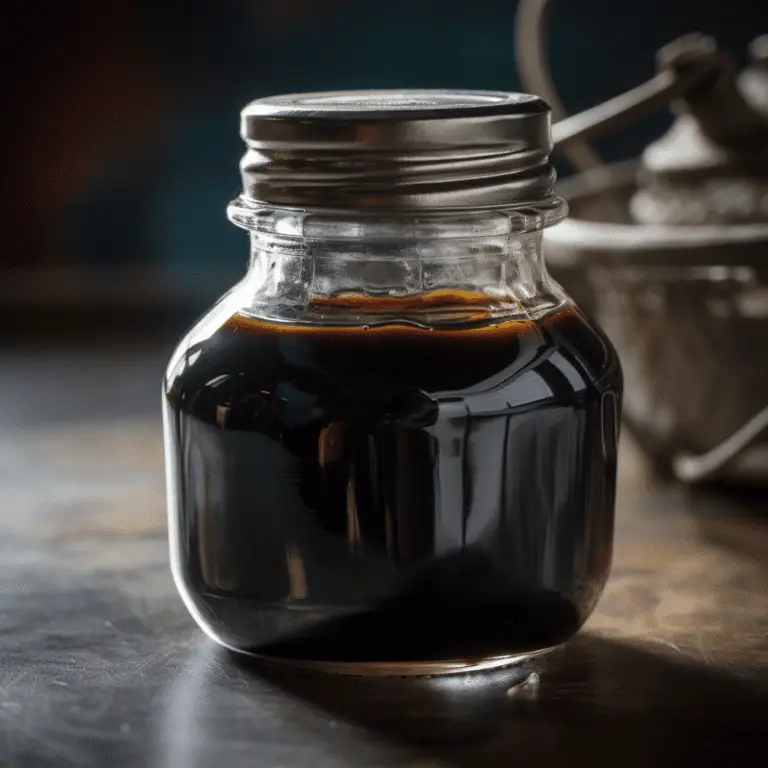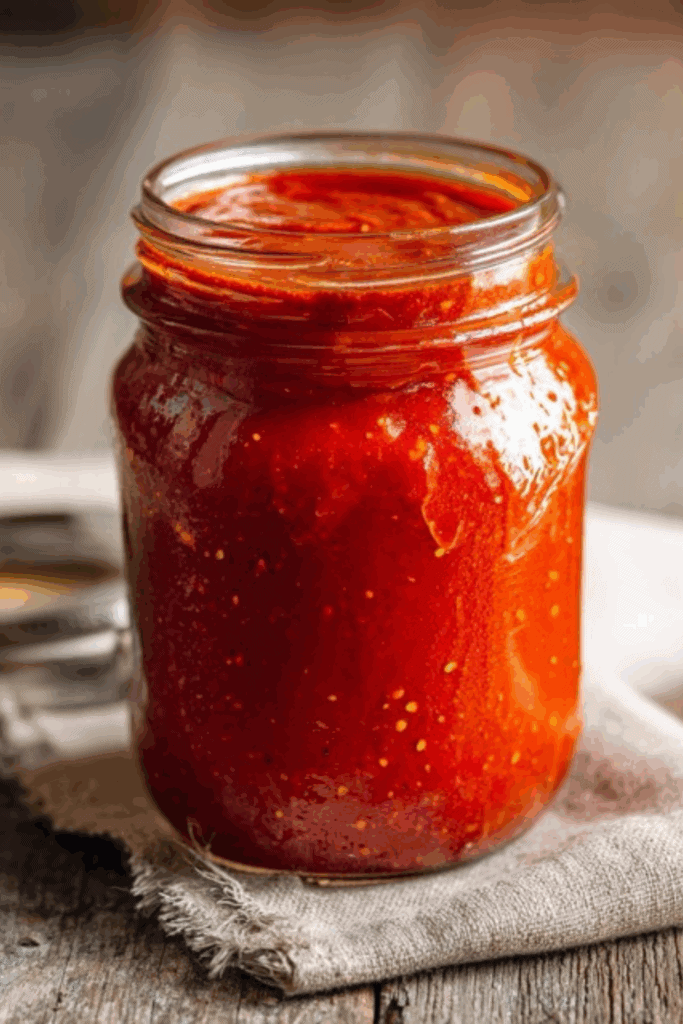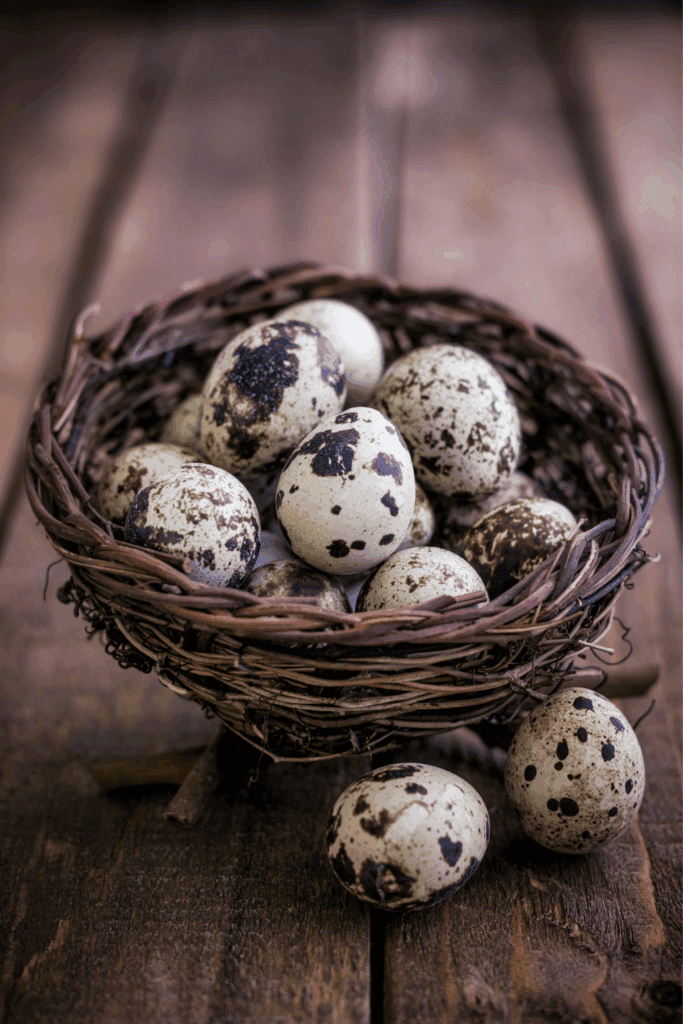Few pantry staples can claim the range that a glossy drizzle of balsamic glaze delivers. One spoonful can nudge roasted root vegetables toward sweet-savory perfection, lift a humble caprese salad, or give vanilla ice cream a sophisticated twist. If you’ve ever stared at the half-empty bottle you bought at the grocery store and wondered, Could I make this myself?—the answer is yes, and it’s wonderfully simple. Below you’ll find a no-fuss recipe, the science behind why it works, and plenty of ways to fold this versatile glaze into everyday cooking.

Why Make Balsamic Glaze at Home?
Commercial glazes often rely on thickeners, caramel color, or extra sugar to create that syrupy body. Reducing real balsamic vinegar on your stovetop concentrates its natural sugars and fruit notes without additives. The result is a cleaner, brighter flavor—plus you control the sweetness, thickness, and cost.
The Recipe (Small-Batch, Fool-Proof)
Ingredients (Yield ≈ ½ cup | double or triple as needed)
| Ingredient | 1× | 2× | 3× |
|---|---|---|---|
| Balsamic vinegar (traditional or supermarket-grade) | 1 cup | 2 cups | 3 cups |
| Sweetener* | 2 Tbsp | 4 Tbsp | 6 Tbsp |
*Brown sugar keeps the glaze pleasantly molasses-y, but maple syrup or local honey work just as well. Use a touch less if you prefer a tangier finish.
Instructions
- Combine & warm
Pour balsamic vinegar and sweetener into a small, heavy-bottomed saucepan. Stir over medium heat just until the granules dissolve and the liquid looks uniform. - Simmer low & slow
Reduce the heat to maintain a gentle simmer—more steam than bubbles. Let it reduce, uncovered, 18–25 minutes. Stir occasionally. When it coats the back of a spoon and leaves a light trail if you drag your finger through, it’s ready. (It will thicken further as it cools.) - Cool & store
Take the pan off the burner. Once the glaze feels room-temperature and silky, transfer to a clean glass jar. Refrigerated, it keeps for 3–4 weeks.
Caraway Nonstick Ceramic Sauce Pan with Lid (3 qt) - Non Toxic, PTFE & PFOA Free - Oven Safe & Compatible with All Stovetops (Gas, Electric & Induction) - Sage
Kitchen cue: If the reduction starts to bubble aggressively or smell sharp, the heat’s too high. Pull the pot off for 30 seconds and return to a lower flame.
Balsamic Glaze FAQ
Is balsamic glaze the same as balsamic reduction?
Can I make it without any sweetener?
Does it need refrigeration?
Help! My glaze turned bitter.
Pairing Ideas Beyond the Expected
Everyday Savory
- Brush onto grilled portobellos five minutes before they leave the heat.
- Swirl a teaspoon into the pan when finishing lemon-and-herb baked trout for an quick pan sauce.
- Stir a drizzle into egg roll in a bowl to balance its umami depth.
Bright & Sweet
- Spoon over fresh strawberries with cracked black pepper—a classic Italian dessert.
- Add a ribbon across homemade peach butter-topped toast for breakfast with attitude.
- Finish vanilla ice cream or a square of dark chocolate brownie; the acid makes cocoa flavors pop.

Pantry Hero
Balsamic glaze belongs on the short list of homemade fixes that instantly lift a dish—right next to homemade apple butter and easy raspberry jam (links to posts). Keep a small jar near the salt crock and olive oil and you’ll reach for it more than you expect.
Troubleshooting & Tweaks
| Issue | Likely Cause | Fix |
|---|---|---|
| Too thin after cooling | Didn’t reduce long enough | Return to pan, simmer 3-5 minutes more |
| Too thick, sticky | Reduced a bit too far | Warm gently, whisk in 1–2 tsp water |
| Crystallized sugar flecks | Heat too high during early stage | Start over, dissolve sweetener fully before simmering |
Storing & Gifting
A swing-top bottle of homemade balsamic glaze makes a thoughtful host gift—especially paired with a crusty boule and a wedge of soft cheese. For longer storage, pour the freshly cooled glaze into a sterilized jar, leaving ½ inch of headspace. It keeps its shine up to a month in the fridge, but flavor peaks in the first two weeks.
Final Taste Test
Making balsamic glaze at home takes less than half an hour, perfumes the kitchen with sweet vinegar warmth, and leaves you with a condiment that dresses up nearly any plate. Give it a whirl this weekend and let your meals sparkle.
Tell me how you plan to use your first batch in the comments below—and don’t forget to pin this recipe for quick reference!
Looking for more slow-living kitchen inspiration? Sign up for the Waddle & Cluck newsletter so you never miss a seasonal recipe or homestead tip.
Print
Balsamic Glaze
Balsamic glaze is versatile and can be used to enhance a variety of dishes. Try drizzling it over salads, roasted vegetables, grilled meats, or even desserts like strawberries and ice cream.
- Total Time: 22-32 minutes
- Yield: Around 8 tbsp 1x
Ingredients
- 1 cup of balsamic vinegar
- 2 tablespoons of brown sugar
Instructions
- n a small saucepan, combine the balsamic vinegar and brown sugar.
- Stir the mixture over medium heat until the sugar completely dissolves.
- Once the sugar has dissolved, reduce the heat to low and simmer, uncovered. Let the mixture cook for about 20-30 minutes, or until it has reduced by half and is thick enough to coat the back of a spoon.
- Be careful not to let the glaze burn. It should remain at a simmer.
- Once the glaze is thickened, remove it from the heat and let it cool before using.
Notes
Store the remaining glaze in an airtight container at room temperature where it should last for a few weeks
- Prep Time: 2 minutes
- Cook Time: 20-30 minutes





